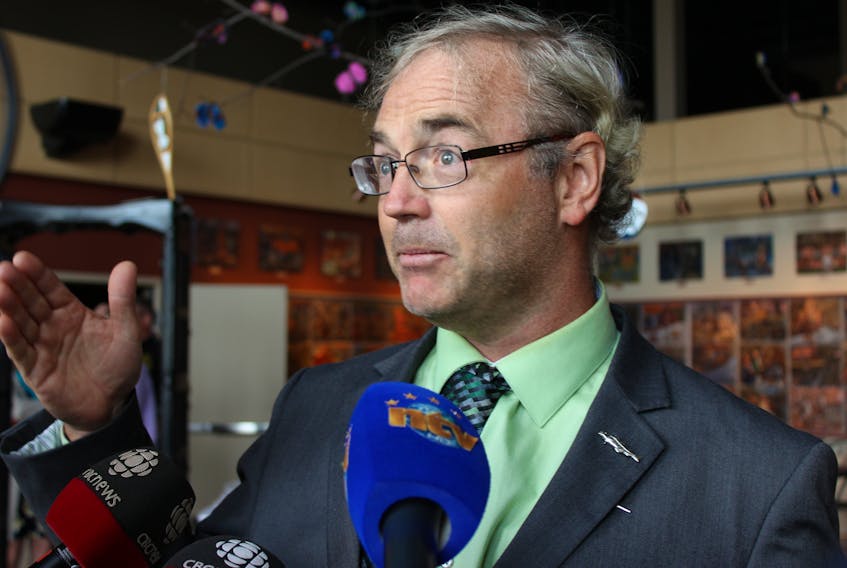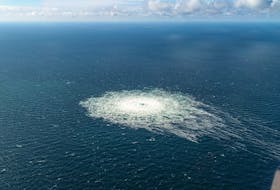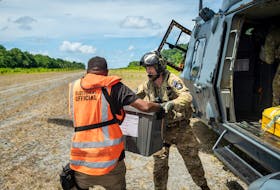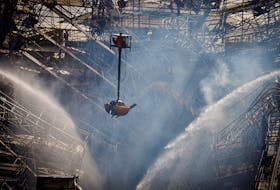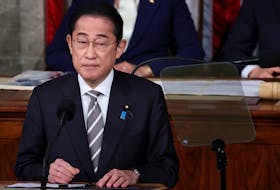On Wednesday morning, historian Jason Churchill told the Muskrat Falls Inquiry there are two things political leaders in Newfoundland and Labrador have wanted for decades now: direct access to U.S. energy markets, and better terms for the 1969 agreement on Churchill Falls hydroelectric power.
“What’s interesting is that no matter what the outside circumstances were, you’ve got multiple energy crises that have come up. If you look at attempts to fight climate change, some people consider that to be an environmental crisis,” he said, following the session. “None of these external factors have managed to budge these two key issues that have always dominated negotiations on the Churchill River.”
RELATED STORIES:
Inquiry witnesses speak to traditional use of river and Muskrat Falls
Hydro dams like Muskrat Falls commonly overbudget: expert
Churchill presented to the inquiry a history of talks around Labrador hydroelectricity, from the time of Liberal premier Joey Smallwood and the development of Churchill Falls, to the proposals for hydro dams on the lower Churchill River and the provincial energy plan of 2007. That plan set the stage for the Muskrat Falls project.
Along with his testimony on the day, he filed a written report with the inquiry detailing research on the subject.
He told reporters the gathering of research and testimony – bringing forward information not otherwise available to the pubic and making it accessible – is a significant benefit to the public and to researchers, regardless of what the ultimate findings are of Commissioner Richard LeBlanc.
“For future historians looking back, like if anybody is going to write this in subsequent decades, the papers and the resources, the transcripts from here will do so much to put things in context for them,” he said.
“It’s valuable to capture this story at a moment in time because we don’t know where it’s going to play out, and you have those resources that can be used for multiple things afterwards. So I think in and of itself it has an inherent value.”

